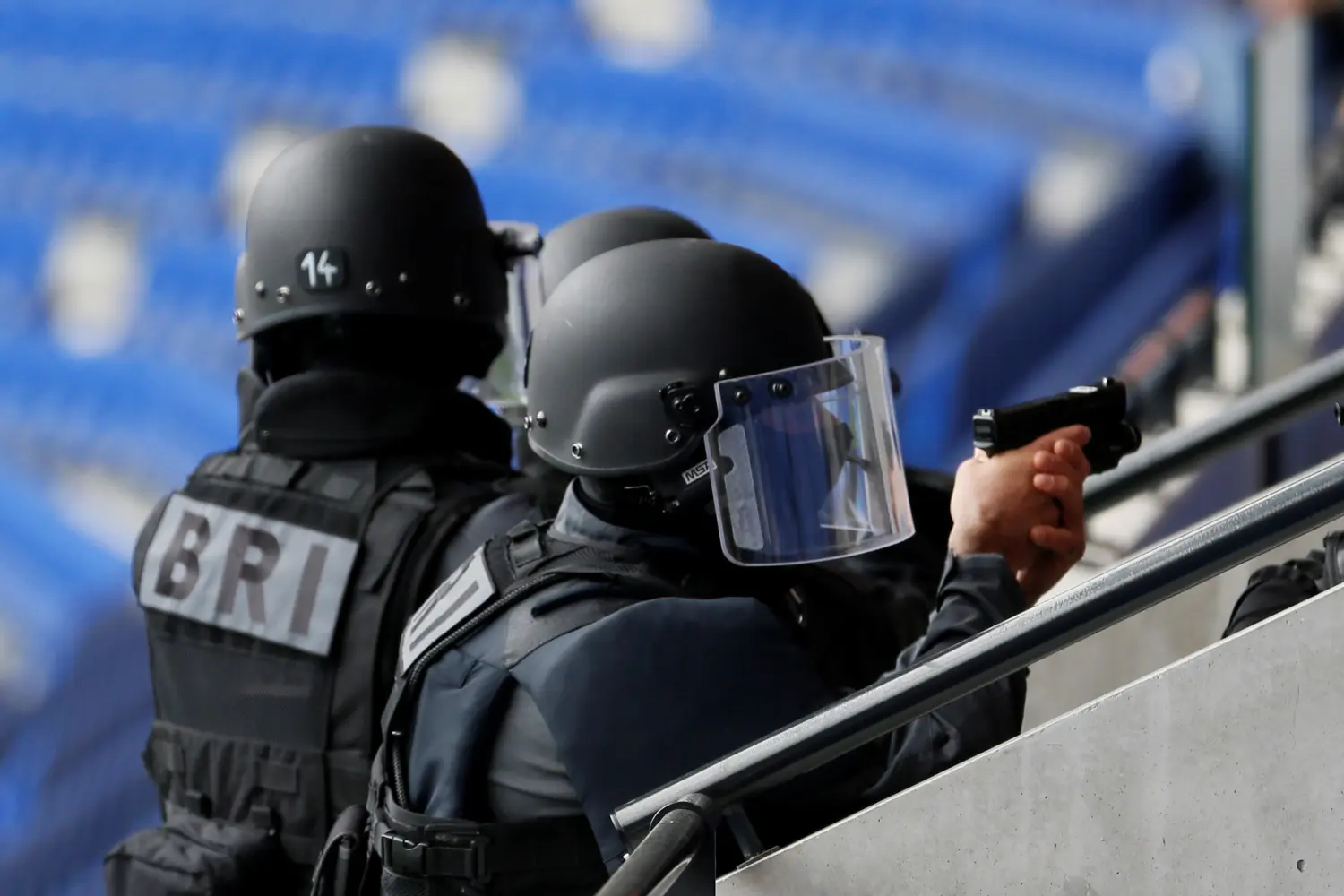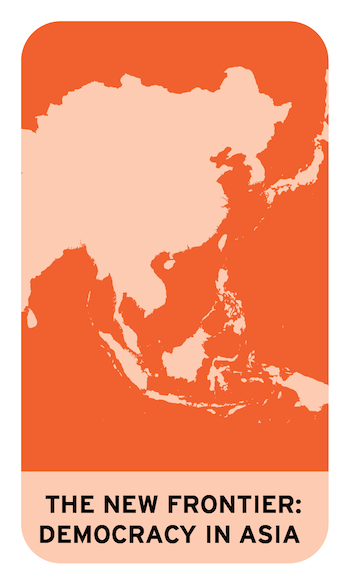 Executive Summary
Executive Summary
Terrorism does more than kill the innocent: It undermines democratic governments, even in mature democracies like those in the United States and much of Europe. The fear terrorism generates can distort public debates, discredit moderates, empower political extremes, and polarize societies. An array of actors, including governments, international institutions, and civil society can decrease the scale and scope of terrorist violence and mitigate its most dangerous political effects.1
To mitigate the danger terrorism poses to democracies, the United States and its allies should continue to emphasize intelligence-sharing and expand such efforts when possible. This is true even though in 2018 the number of successful jihadist attacks fell dramatically in the United States and Europe. Although the Islamic State continued to plot terrorist attacks, aggressive law enforcement and the disruption of the Islamic State’s safe haven account for much of the decline.2 U.S. and European governments should step up efforts to penetrate right-wing terrorist movements, arrest their members, and devote more resources to this problem. Given the recent decline in jihadist violence, transferring some resources is appropriate. In the United States, Congress should authorize more resources for this problem. Improving social services to Muslim communities is vital, especially in new areas with many recent refugees. This involves governments, civil society organizations, and the international aid community. The United States and Europe should cooperate on standards for internet companies, and the companies should also work together to create standards for right-wing hate groups. In foreign policy, U.S. and European diplomats should try to decrease the intensity of wars in the Middle East by pressing outside powers like Saudi Arabia and Iran to end their interventions, and in general, try to prevent and resolve wars in the region. Finally, political leaders should emphasize societal resilience in order to decrease the psychological impact of terrorism.
-
Footnotes
- This paper focused on terrorism linked to the Salafi-jihadist cause that groups like the Islamic State and al-Qaida champion. It does not examine the pressing problem of right-wing terrorism in the United States and Europe or terrorism from left-wing, ethnonationalist, and other groups.
- Rukmini Callimachi, “Why a ‘Dramatic Dip’ in ISIS Attacks in the West Is Scarce Comfort,” The New York Times, September 12, 2018, https://www.nytimes.com/2018/09/12/world/middleeast/isis-attacks.html.
The Brookings Institution is committed to quality, independence, and impact.
We are supported by a diverse array of funders. In line with our values and policies, each Brookings publication represents the sole views of its author(s).












